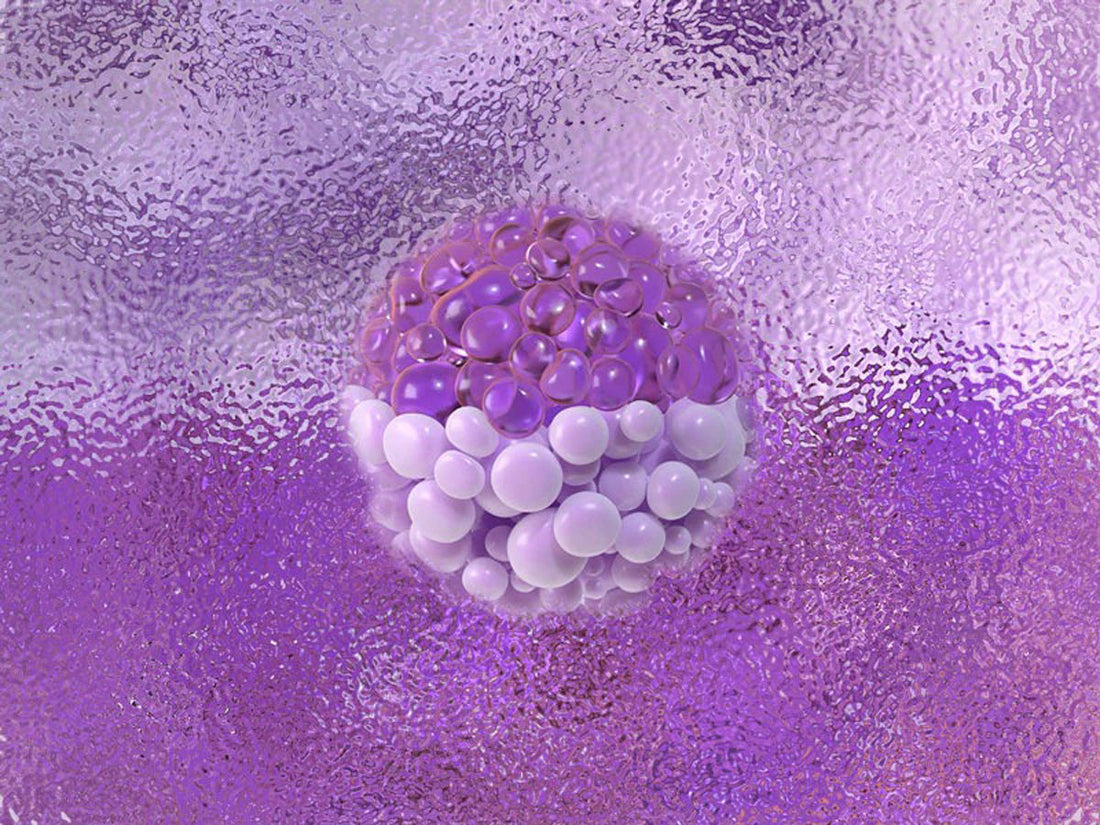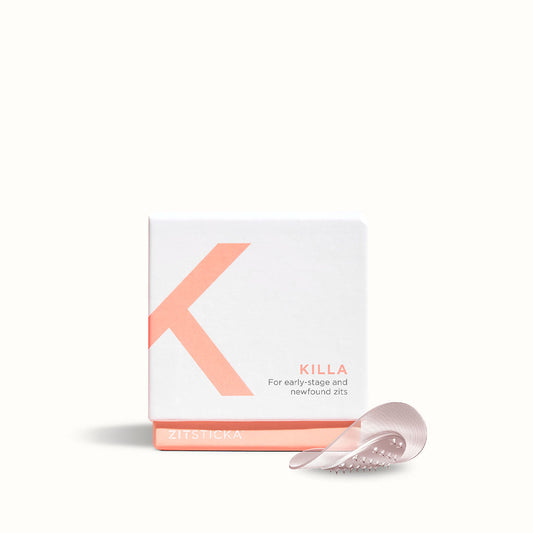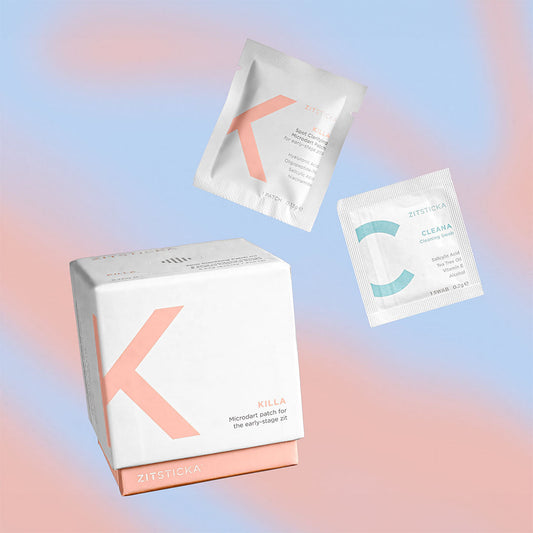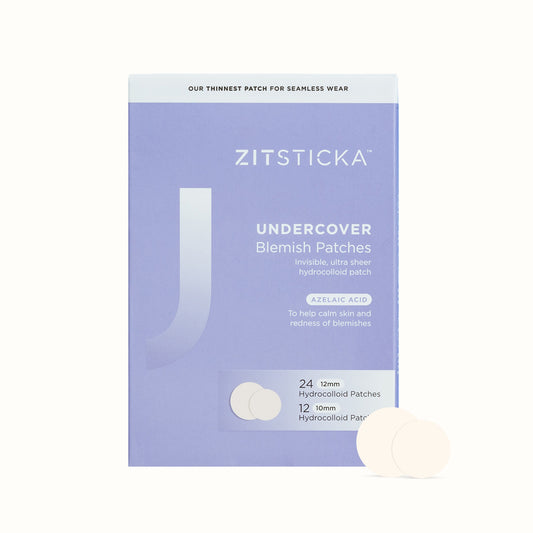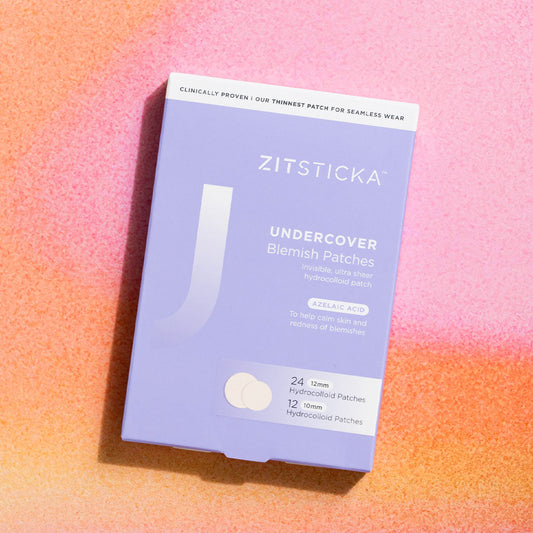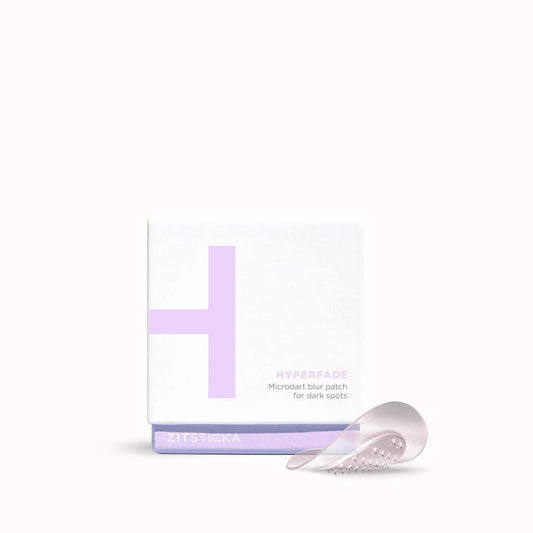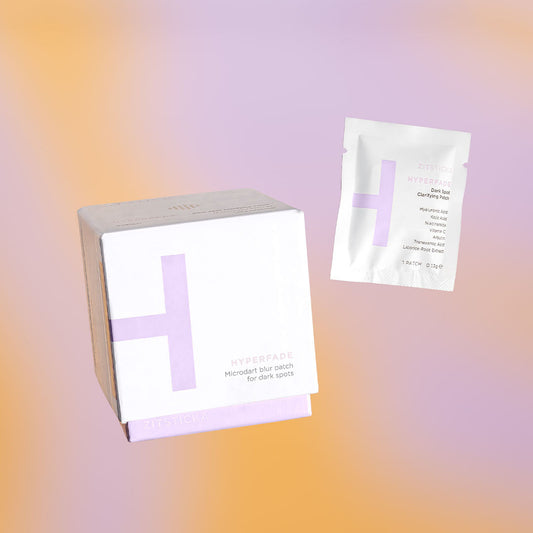You might not know the word “niacin,” but chances you know it from its more common name: Vitamin B. One of the eight vitamins essential for your body to produce its everyday chemical reactions, (scientifically known as cellular metabolism.)
But what you might not be aware of is how niacin, and by extension, Vitamin B, isn't just amazing for your body, but how it's been shown to help reduce acne—which is precisely why we’ve included it in our SKIN DISCIPLINE supplement.

Okay, first but what exactly is niacin?
Fantastic question!
So niacin, in short, is vitamin B3. There are other forms, or vitamers, of B3—all of which come together to make Vitamin B Complex—but niacin is often thrown around as “vitamin B.” And the main reason why your body needs B3 is so it can convert it into “Nicotinamide adenine dinucleotide,” or NAD.
NAD is essential in creating energy for the cells in our body. Energy that enables those cells to function their everyday functions like repairing themselves, and maintain the chemical reactions essential for day-to-day life.
But there’s more to the story here, as Vitamin B, or niacin, helps regulate lipids—which is the scientific name for fats and fatty acids. One well-established talent of niacin is its ability to help raise HCL cholesterol, which is the “good cholesterol” associated with heart health, and lower LDL cholesterol, or “bad cholesterol” which is related to heart disease.
But how does niacin help with acne?
This is where things get a little divisive. One theory into how Vitamin B3 helps is based around how NAD has been shown to reduce inflammation.
In 1995, researchers at the State University of New York treated patients, in a double-blind study, to 4% gel of nicotinamide, another vitamer of B3, and found 82 percent of patients treated with the gel had improved acne. A similar study was repeated in 2013 and found similar results.

Elsewhere, the researchers from the Tabriz University of Medical Sciences in Iran found that nicotinamide was actually more effective in reducing acne in oily skin. This proves to be a really interesting point because oily skin is associated with your sebaceous glands.
We know extra sebum is linked with acne. We know this! But there was a 2019 development on this front: researchers from all across Hungary published a paper on how both niacin and the niacin receptor hydroxycarboxylic acid receptor 2 (HCA2) “may be effective in suppressing sebum production in vivo,” and how their data reflects both niacin and HCA2 as “novel, potent and most likely safe sebostatic agents, with possible anti‐acne potential.”
The explanation behind this relates to how niacin normalizes the acne‐mimicking, excessive sebaceous “lipogenesis”, which can be induced by various pro‐acne agents. This, in short, means excess sebum is prevented.
So, while there are a couple of theories on how it works, niacin and vitamin B basically regulate your skin, and regulated skin can mean no acne.
There's another breakout-melting micronutrient we love: Selenium!
